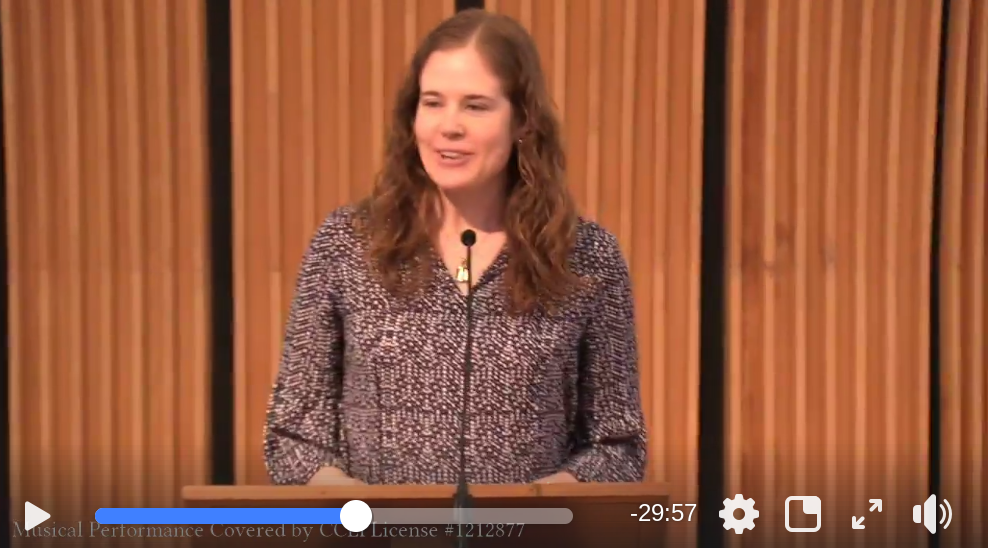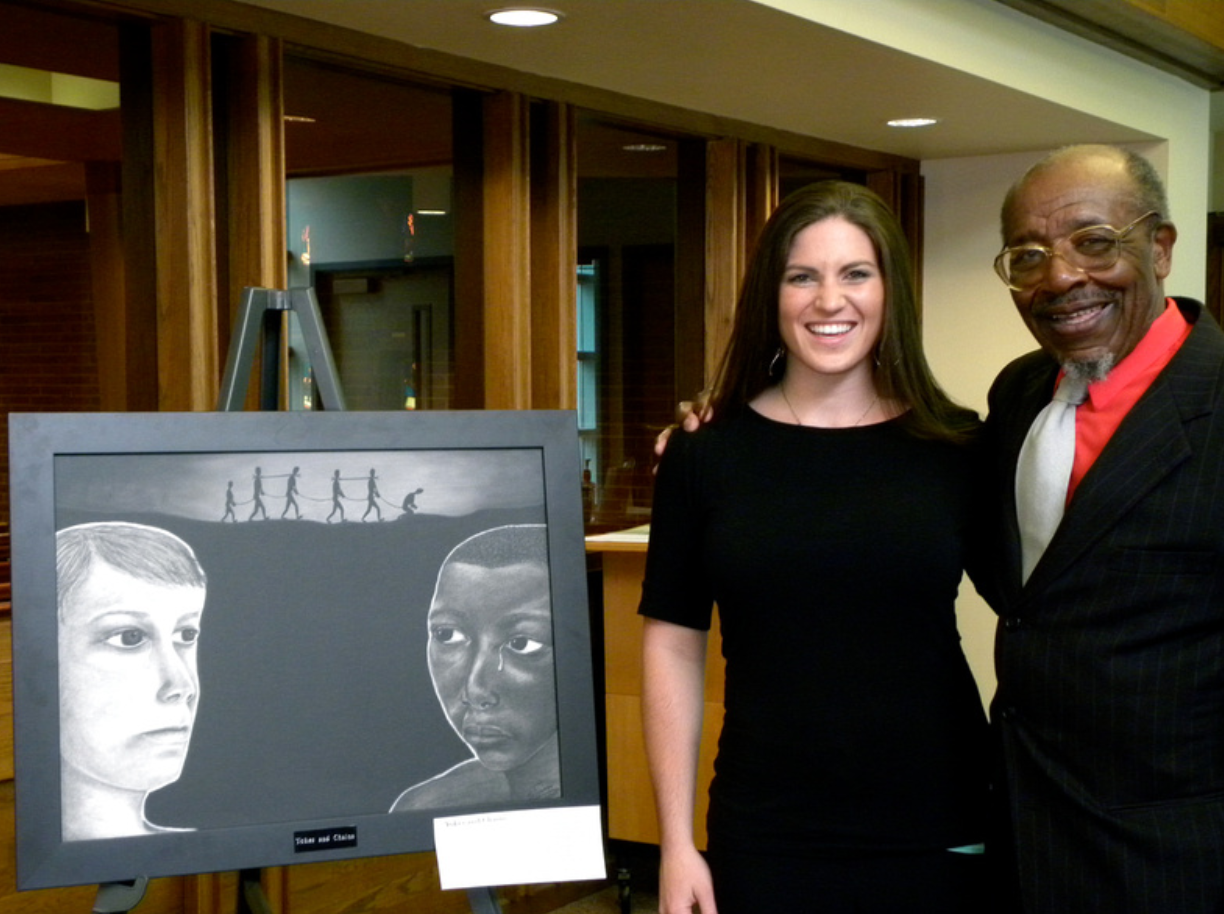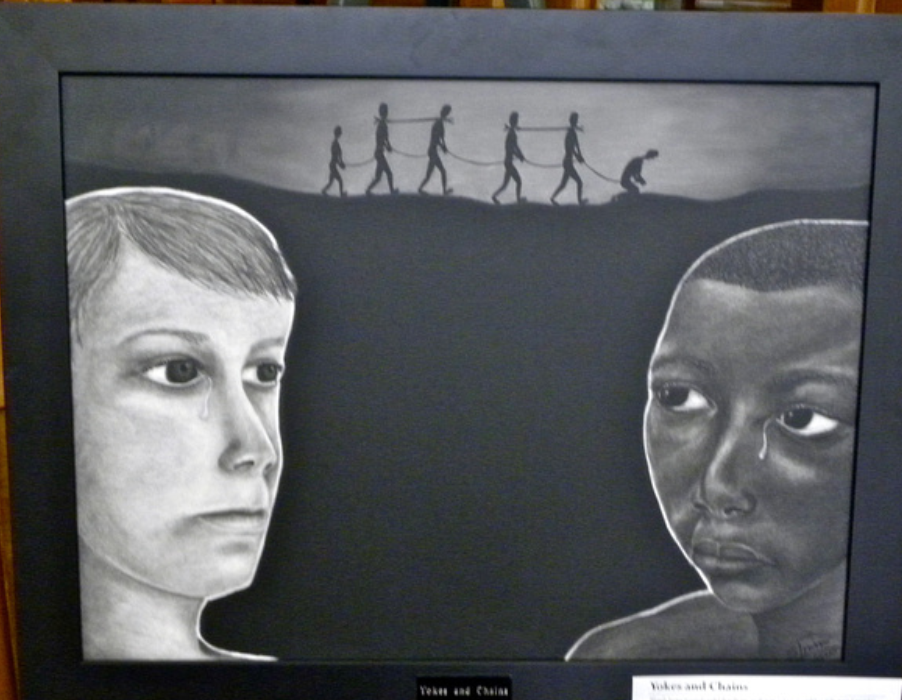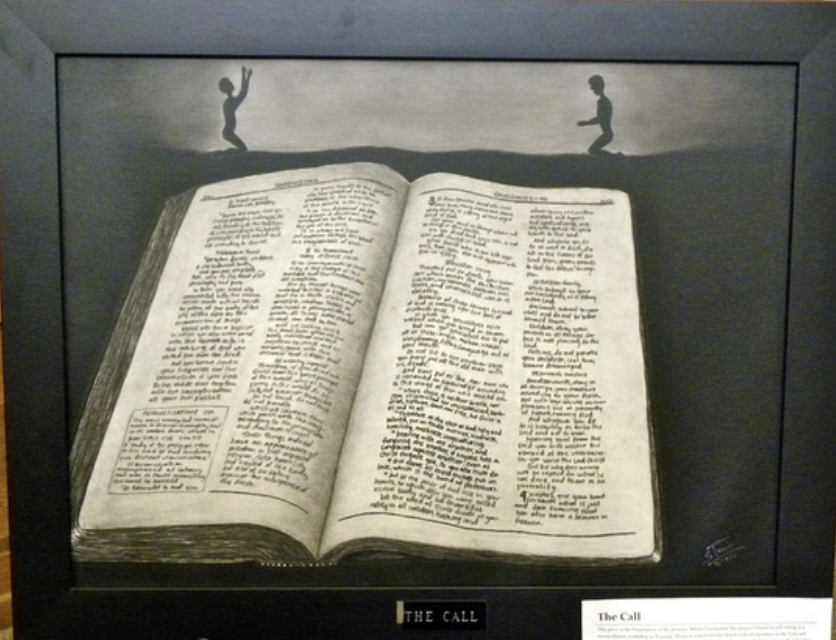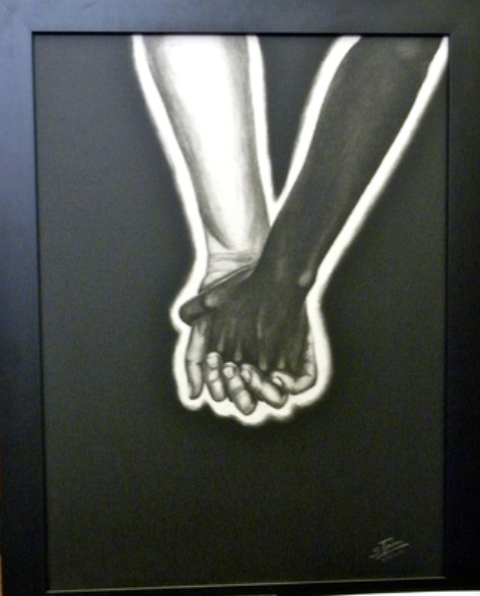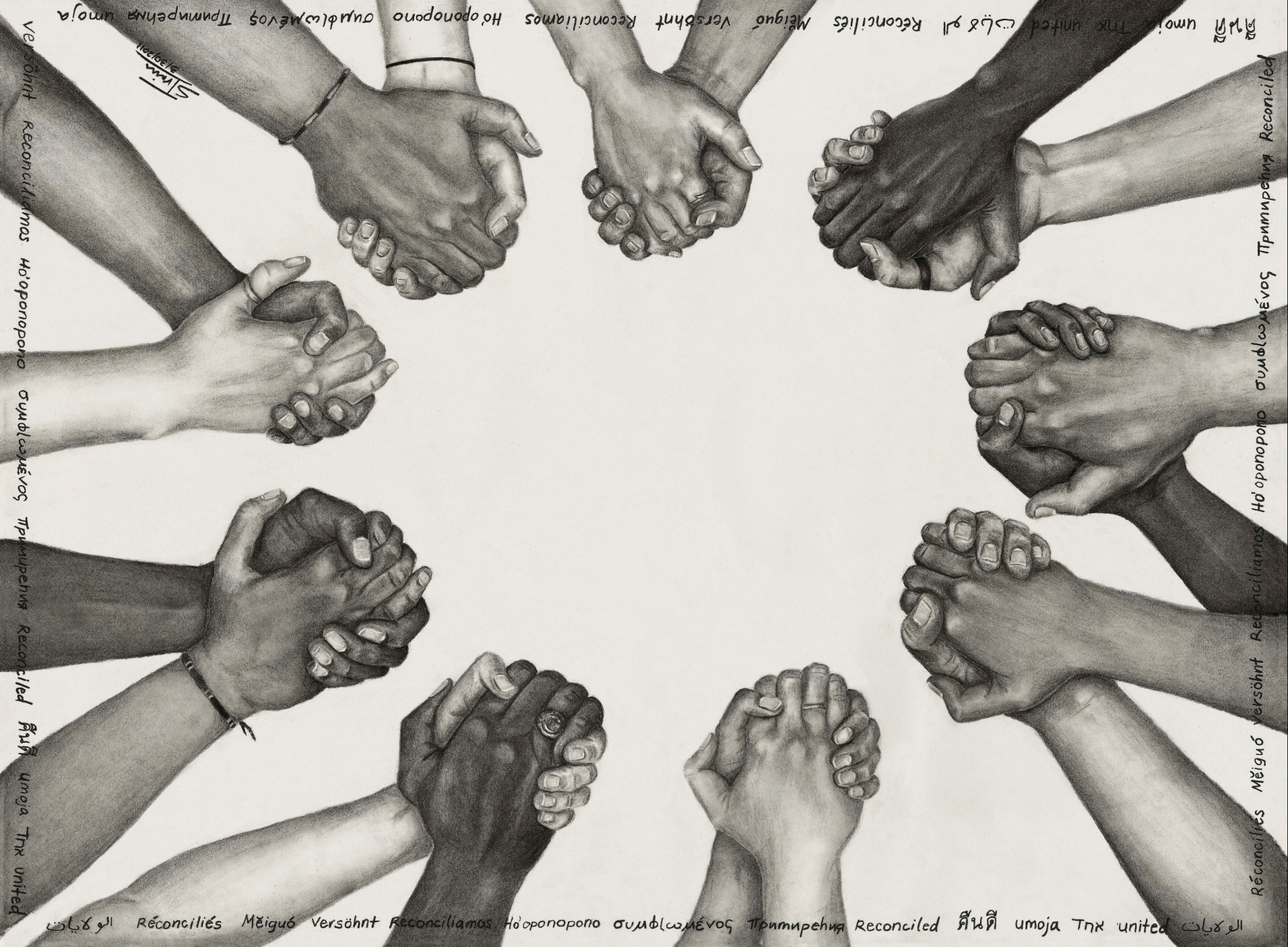The social unrest and racial reckoning of the past year have inspired many to consider how faith ought to be lived in a public arena in the Covid era. As social distancing requirements ease, we have an opportunity to examine how we publicly practice our faith to stand in solidarity with those whom society marginalizes. We are pleased to welcome Rev. J. Bryan Hehir, Cabinet Secretary for Health and Social Service, Archdiocese of Boston, and the Parker Gilbert Montgomery Professor emeritus of the Practice of Religion and Public Life at Harvard University’s John F. Kennedy School of Government to lead the Workshop, which will be held in-person at Saint Cecilia Parish Hall and virtually on Zoom.
For more information, please get in touch with Bill Sheehan at wsheehan@faith-justice.org
